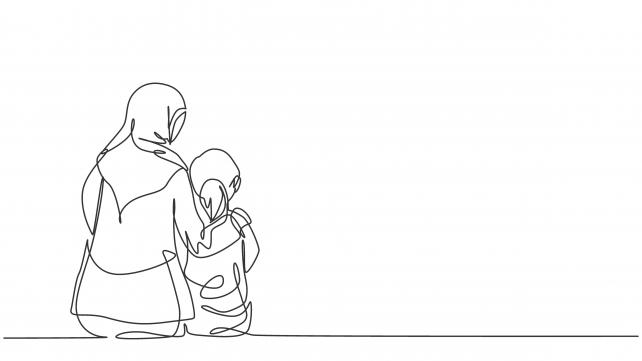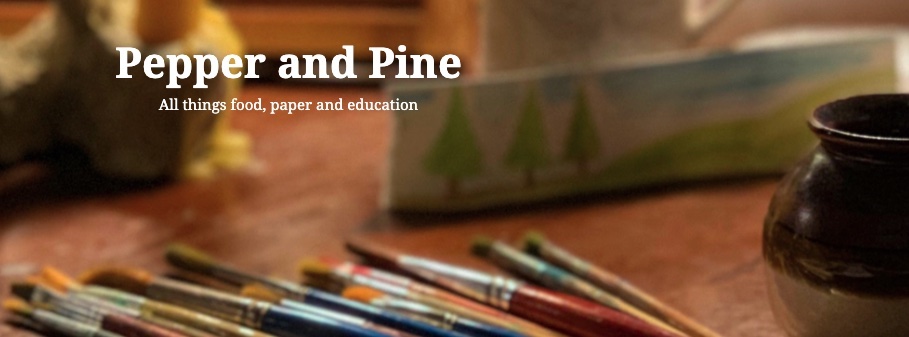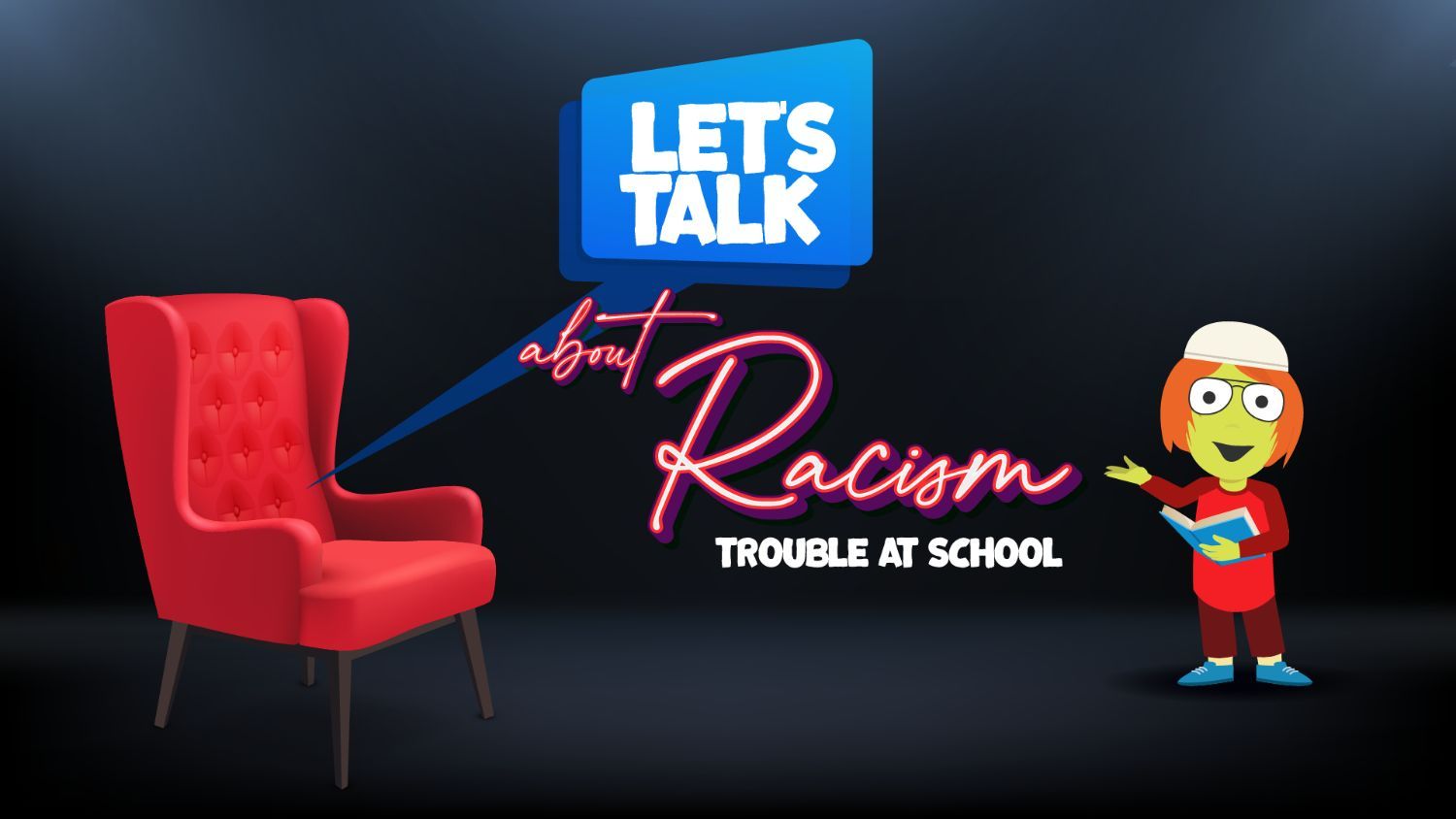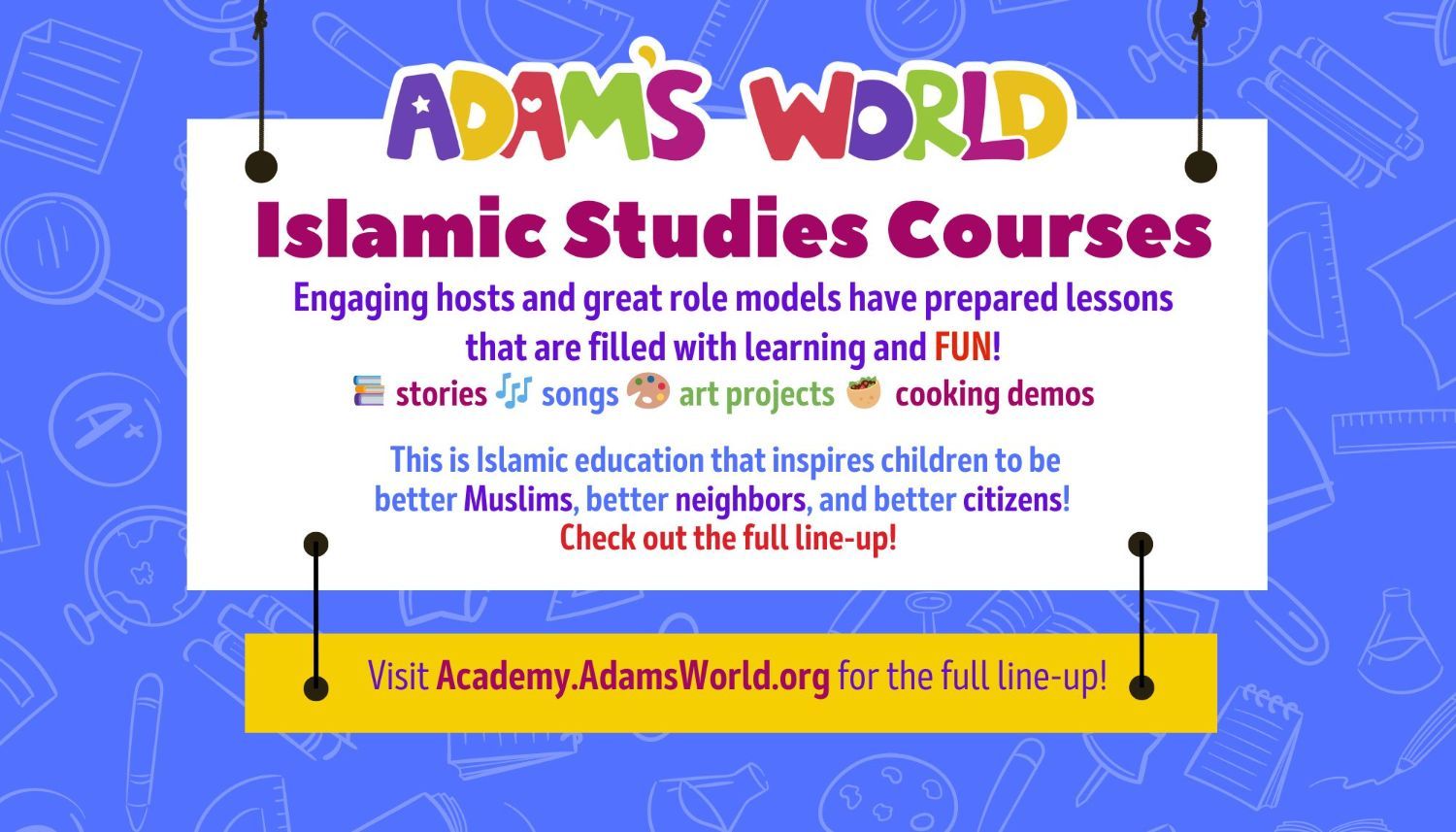|  | Nurturing the Next Generation
Project Of Sound Vision |
| |  | Eliminating Bias: Honoring the Unique Needs of Every Student By Wendy Díaz From the very first day of school, teachers often make initial observations of their students as they enter the classroom. These initial impressions are part of the normal teacher-student interaction. In some cases, however, teachers may unknowingly harbor biases when assessing their students, basing their judgments on factors such as appearance, race, or ethnicity. Learn more about recognizing and addressing these preconceived biases in order to foster an equitable and inclusive educational environment. |
| | | Parenting Tip Teaching is an amana or trust and carries a big responsibility. And Muslim educators play an important role in the lives of their students, Muslims and non-Muslims alike. Be mindful and eliminate bias to ensure that you attend to the unique needs of all students. |
| |  | Prophet Muhammad: Lessons from the Best Teacher By Hernán Guadalupe Being an educator is one of the most invigorating and rewarding professions. Knowing that you can make a difference in the life of a person is one of the greatest acts of charity one can perform as a Muslim and as a human being. Prophet Muhammad, peace and blessings be upon him, was not only a Messenger and Prophet, but a teacher and cultivator of human character and intelligence. His Sunnah is full of lessons about the benefits of teaching and we can learn a great deal from them. |
| | | Inspiration "Teachers have three loves: love of learning, love of learners, and the love of bringing the first two loves together." - – Scott Hayden, Canadian educator and author
|
| |  | Lessons about 9/11 Often Provoke Harassment of Muslim Students By Dr. Amaarah DeCuir Another student told me: “9/11, every single year, is so awkward. The administrators would be like ‘On this fateful day, this happened’… then the Muslim jokes would come up, like ‘Don’t blow us up.’ When I was younger it bothered me, but now I’m just desensitized to it.” Learn more from research interviews with Muslim students and how teachers can provide more balance when discussing this topic. This article is republished with permission from The Conversation under a Creative Commons license. |
| |
|
| | Islamic Guidance “You will not enter Paradise until you have faith and you will not have faith until you love each other. Shall I show you something that, if you did, you would love each other? Spread peace between yourselves.” (Sahih Muslim) |
| |  | Talking to Muslim Kids about the 9/11 Attacks: 10 Tips By Samana Siddiqui The anniversary of the 9/11 attacks is covered in most American social studies, history, and politics classes in some way. Young American Muslims, the vast majority of whom attend public schools, may feel uncomfortable or face bullying depending on how class and school discussions are conducted about the tragedy. Muslim parents need to be aware of this, especially in the days preceding the date, and be ready to discuss it from an Islamic perspective. |
| | |  | Pepper and Pine: An Inspiring Resource for Muslim Educators By Laura El Alam Muslim educators who are looking for ways to encourage a love of Islam while teaching subjects like Geometry, Physics, History, Geography, Art, and more will cherish the resources offered by Pepper and Pine. Created by veteran homeschooler, artist, and public speaker Hana Khatib, Pepper and Pine is a self-proclaimed “treasure trove of inspiration and tutorials for homeschooling.” |
| | | Interesting Facts An article published by The Horn Book, a children’s literature advocacy organization, reveals interesting research findings on the topic of children’s books written by and for Muslims. - Over the course of the last few years, there has been a considerable increase of Muslim representation in mainstream publishing.
- Some of these books are by Muslim authors and explore stories of Muslim lived experiences; others are written by non-Muslim authors and include Muslim characters and settings.
- Current trends within Muslim children’s literature point toward a diversification of genres, more stories from underrepresented Muslim ethnicities, and a celebration of Muslim identities that challenge the stereotypes of Muslims as a monolith.
- Another encouraging trend is the increased diversity of representation within Muslim communities, with emerging Black, Bangladeshi, Egyptian, Palestinian, Malaysian, Somalian, and Uzbek authors tell their stories.
- The rise of book banning in the U.S. and increased Islamophobia around the world underline the greater need for more books that can combat hate with empathy.
For more information, read the entire article We Need Diverse Muslim and Jewish Books: An Update. |
| | | |  | Adam’s World Video - Let's Talk about Racism: Trouble at School Adam’s friend Angie left school upset and he wasn’t sure why. When he got home and checked in with her he found out that someone had treated her badly because she was Black. Find out how they addressed her feelings and also the racist behavior. (4:01) |
| | |  |
|
| |  |  | The Sound Vision Foundation has been a trusted source of Islamic knowledge for more than 30 years. Our work with the world-renowned puppets Adam and Aneesah pioneered creative programming for Muslim children, encouraging them to learn about and love their religion. We continue to bring sound content and engaging programs that stimulate minds, touch hearts, and strive to fulfill our mission of raising better Muslims, better neighbors, and better citizens. This latest effort is designed to support and empower Muslim parents to do the same. |
| | | |
|
| |
|
|